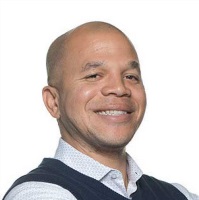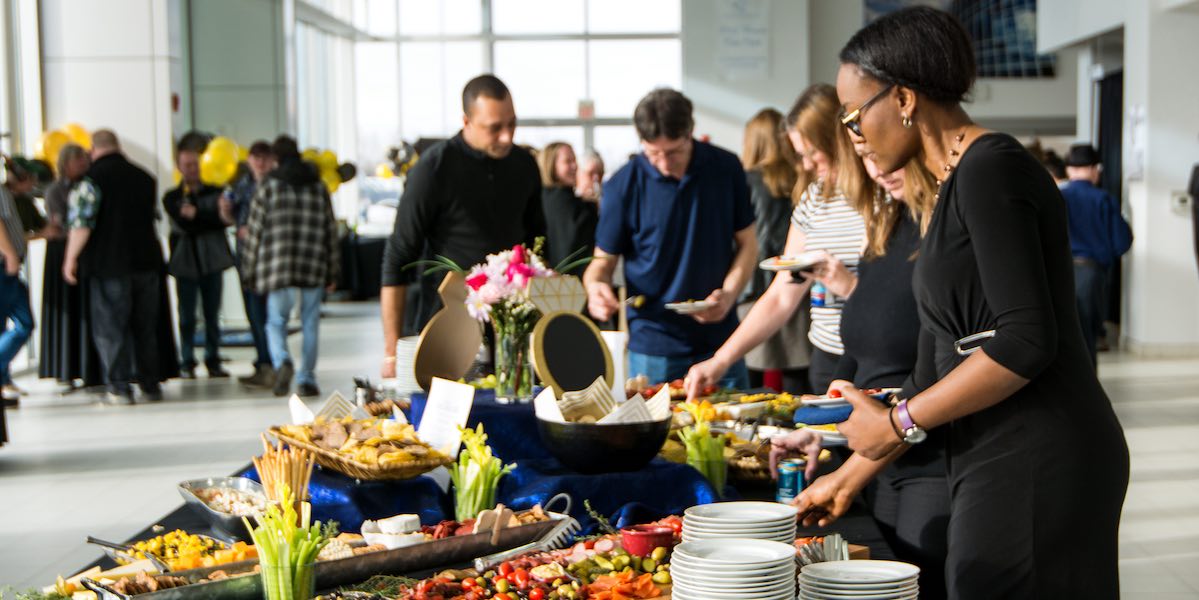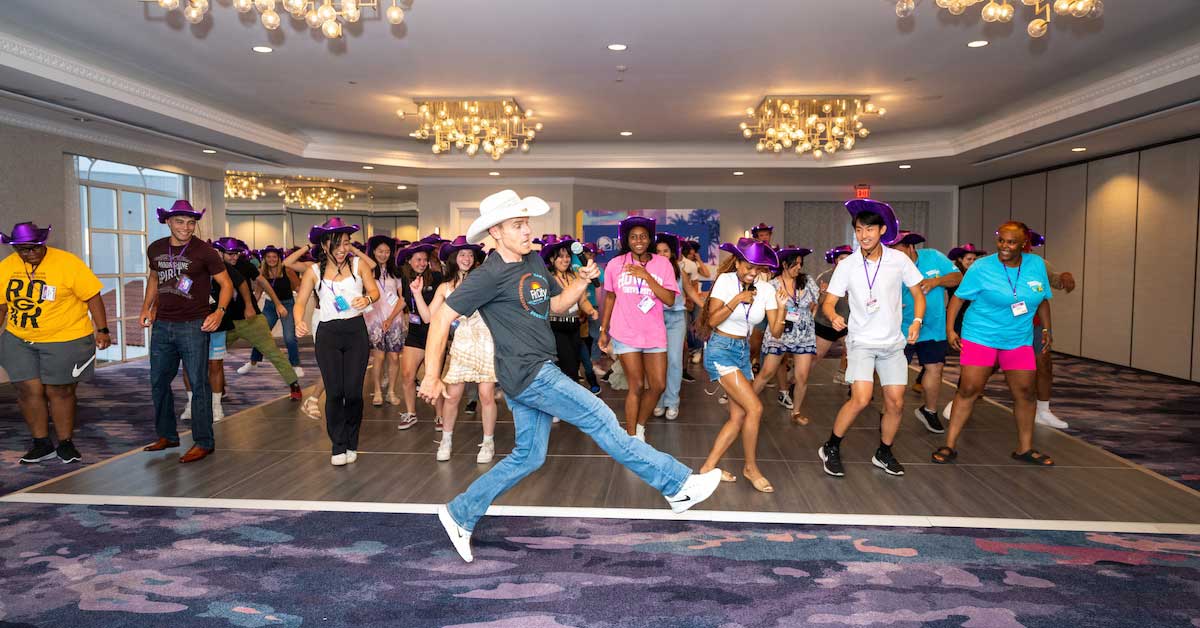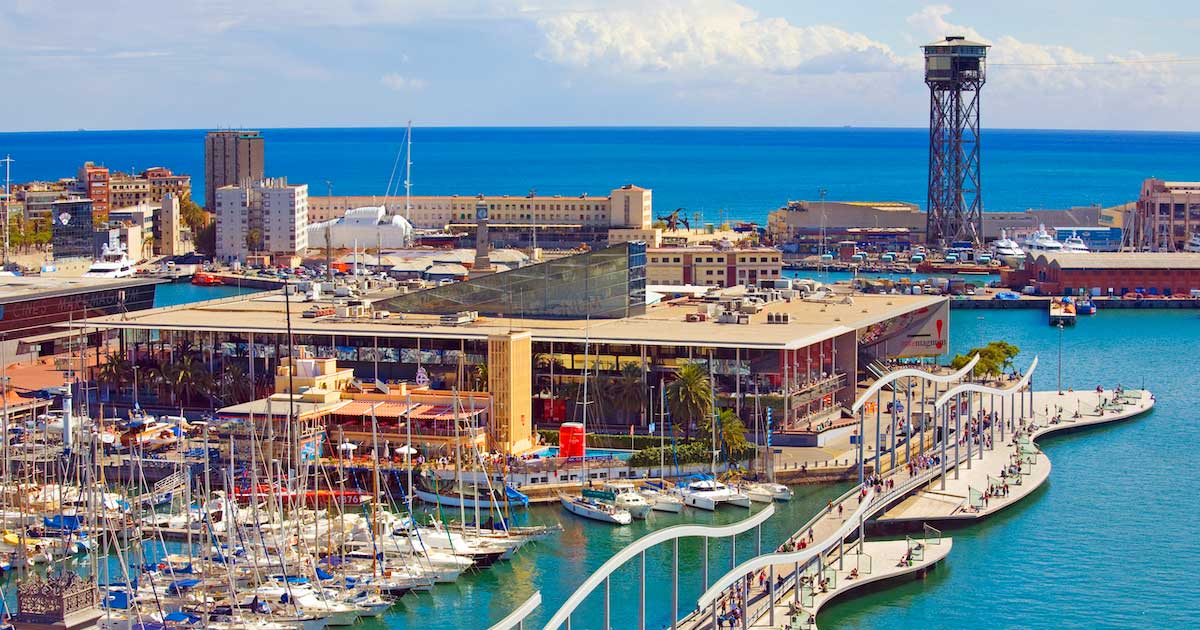We are reaching out to meeting industry professionals to engage in meaningful dialogue on the topic of diversity and inclusion. Today, we hear from Amani Roberts, president-elect for the MPI Southern California Chapter, director at the Center for Entertainment and Hospitality Management at Cal State Fullerton and chief musical curator at the Amani Experience.
Learn more about MPI’s diversity and inclusion efforts, and contact me if you would like to contribute to the discussion.

What are the challenges that organizations (including associations like MPI) face when determining a course of action related to diversity and inclusion, specifically for the Black community?
I believe that associations (like MPI) need to first have a leadership team that reflects the diversity of their membership. As I have observed in most association leadership teams, it tends to be predominately white, which over time gets to be concerning to membership. For some professionals, if they don’t see people that look like them in leadership positions, it discourages them from investing the time and energy to build a presence within an association. l I think that we as leaders within our individual chapters must be more inclusive to the Black community and take extra steps to welcome them into our local chapters while collaborating on various business opportunities.
I also feel there should be an increased focus on diverse speakers at major association/MPI events at the keynote level and within the breakouts, which is where more intimate connections are made. MPI has made progress with this recently (Jade Simmons at WEC 2019 was a nice selection). The talent pool of high-quality [Black] speakers worldwide is quite deep. MPI (and other associations) need to dig a bit deeper and do more research to be inclusive of this segment of speakers. The same strategy can be made on the local chapter level as well.
What are the challenges in identifying measurable goals?
I personally believe that the main challenge to identifying measurable goals is having the long-term desire to set, pursue and re-evaluate goals for the long term (over a three- to five-year term). If the desire is genuine, the goals can be identified and measured. That is the main challenge.
Share with us how your chapter responded in the aftermath of the killing of George Floyd.
Our chapter had to take a deep look at ourselves and determine how we must be better. As mentioned in our letter to our membership, the fact that in our 44 years as a chapter, we will have our first African-American chapter president in the 2021-2022 term is quite concerning for being such a large chapter in a diverse area such as Southern California. We wanted to be sure to create meaningful action over a sustained period of time and hold ourselves accountable. We also made sure to address not only George Floyd, but Ahmaud Arbery and Breonna Taylor, as well show that we recognize this is not an isolated incident but rather a pattern that needs to be stopped. That gave our statement more depth and allowed us to show our plans with more depth as well.
“There must be a true, true desire to be inclusive. Otherwise, it won’t last, and people will recognize the lack of authenticity and move on.”
We are in the process of creating a Diversity & Inclusion (to be renamed something different) official director or VP position on our board of directors. Our primary focus is on discussion and education, as we will have master classes, training, recommended readings and dialogue on the Black Lives Matter movement over the course of the entire year (and future years). Ironically, during our last Chapter Chat (think a more progressive town hall virtual chat), the topic of BLM was our most popular topic for discussion, and we will encourage more discussion at our next Chapter Chat. Our keynote and breakout speakers will continue to be diverse, will speak directly to the BLM/diversity issues and work with us to improve across all levels. We are implementing a policy that ensures that a portion of services are procured from African American- and minority-owned businesses in Southern California. Finally, we are very focused on increasing the diversity of our membership and board so that it better reflects the community we live and work in. We will set measurable goals for this and demand that our membership holds us accountable.
This discussion is not new. But why is now different vs. say five years ago, or 10 years ago, when it comes to seeing equality for the Black community?
I believe that for the first time, our allies who have always said they supported our efforts have been awakened to just how serious the issue is. It is a shame that it took the combination of a worldwide pandemic as well as the murder of George Floyd to bring it all to the surface, but that is what happened. Since we were all at home, we had no choice to witness what occurred. Then, as protests happened worldwide, people began to see how serious this was and could no longer push it to the side and use being busy with work and life as an excuse to not watch. It would not go away. The movement swelled and protests began around the world. The entire world recognizes this as an issue. Now is the time for the next steps to happen.
Do you feel inspired and confident that real change will come?
For the first time ever, I feel somewhat inspired that change can come. I would say I have a measured optimism, as we have been on this road before. We have not been as far down the path as we currently are, which is encouraging, but I am still holding back complete optimism. After the protests and demonstrations comes the hard work. Change is uncomfortable and difficult. It is easy to stop and just give up. I don’t want that to happen. That is why education is so important in my opinion. If we are able to consistently share what people can do to keep the movement moving forward while continuing to educate them on the history (through films, books, articles, interviews, etc.), then this effort can really implement change. I am scared that this will lose momentum in a month or a year once a vaccine is released and the world gets back to its usual busy state. We cannot let that happen. This discussion needs to continue as a permanent part of our workflow. Only then will lasting change happen.
MPI Resources for Equality and Justice: Furthering the Advancement of All Peoples
How important is diversity to you and what value does it bring?
Diversity is extremely important to me. We live in a diverse world and our events, leadership teams and relationships should reflect that. When we authentically engage with a diverse group of people consistently on multiple levels, we become better leaders and humans. It’s as simple as that.
What are the traits that define an inclusive culture for an organization?
It starts at the top. An inclusive culture for an organization has diverse leadership. They embrace diversity at all levels and encourage discussions about real-world issues on a consistent basis. Introspection and self-awareness are crucial characteristics, as we must be able to recognize our flaws in order to improve them. There must be a true, true desire to be inclusive. Otherwise, it won’t last, and people will recognize the lack of authenticity and move on. Finally, the most important trait is courage. This takes an amazing amount of courage to be truly inclusive. An organization may upset some of its members or clients. For some, this is uncharted waters. If they truly have the courage to recognize the potential obstacles and still be courageous enough to move forward … I applaud them and will support them as much as I can. Courage is the key! The fact that we are having an open dialogue is the first step in this process. We have to be able to discuss the tough questions so we can get to the other side and improve together.
Photo by Joyce McCown on Unsplash



.jpeg?sfvrsn=96553155_2)



